Knowing how long dental devices last is an essential part of deciding whether or not to get them. Here's everything you should know about the lifespan of veneers, including what can make them fall off, and what you can do to minimise the risk.
How Long Do Veneers Usually Last?
The lifespan of a veneer depends on the type you get.
Composite resin veneers usually last 7-10 years and are more affordable than other options. Most people can get these installed in just two visits – one to take measurements and gather the information needed to make the veneers, and the other to install them.
Porcelain veneers usually last at least ten years, with some people reporting that they can stay on for up to 30 years. Like real teeth, the useful lifespan of veneers depends on how well you take care of them. If you mostly avoid hard foods and practice good dental hygiene, porcelain veneers will probably last much longer.
So, do veneers fall off over time? Sooner or later, yes. Every veneer will eventually fall off.
Why Might They Fall Off?
There are several reasons why veneers could call off.
Age
The first reason, and ultimately the most common, is that the veneer is too old. Modern veneers have excellent lifespans, and those have increased thanks to advances in the industry, but they are ultimately still temporary coverings. When this happens, the best thing to do is to ask your dentist what they recommend.
Impacts
The next reason why veneers can pop off is due to impacts. Veneers are designed for you to chew normally with them, so regular activities in the mouth won't dislodge them. However, sudden impacts on your face or unusually striking your teeth could send stress fractures through the veneer and into the bonding material holding it to your tooth.
The bonding agent, typically dental cement, is ultimately a weak point between the veneer and the tooth itself. If it's crushed or pulled too hard, it will fail. This usually requires replacing the entire veneer, a process that can take up to several weeks.
Hard foods like chips and some types of popcorn can also cause impacts on a veneer, although these usually aren't as severe as something like being struck in the face by a ball.
Grinding
Grinding your teeth can put pressure on a veneer over time. This isn't as sudden or as severe as an impact, but like most non-organic treatments, veneers can't repair themselves. Slow and steady pressure from grinding will eventually wear them down and then pop them off.
This is such a common issue that most dentists do not recommend veneers if you grind your teeth.
Sticky Foods
Sticky foods can pull veneers away from their bonding agent and the surface of your tooth. This is usually a milder problem than grinding, but veneers aren't designed to be pulled directly away from a tooth unless you want to remove them. As a result, eating foods like taffy can make a veneer come off.
How To Avoid This Problem
Now that you know the answer to the question, "Do veneers fall off?", let's look at some things you can do to minimise the problem.
Watch What You Eat
Most threats to veneers are food-based. The easy solution to this is to watch what you eat and focus on safer foods. The ideal foods for eating with veneers include cooked vegetables, eggs, pasta, and anything else that's soft and generally not too hot or cold.
Noticeably hot and cold foods can damage the bonding agent holding veneers in place, so try to let things cool down, or warm-up, when possible.
Protect Your Face
Impacts aren't as common a threat as foods, but they can knock a veneer off much faster. If you're in a situation where something could hit your face, take any reasonable measures to prevent this. For example, you can wear masks while playing sports. Even a simple mouthguard can blunt the force of an impact enough to protect your veneers.
Sources and References
-
[1]
Clinical Survival Rate and Laboratory Failure of Dental Veneers: A Narrative Literature ReviewJournal of Functional Biomaterialshttps://pmc.ncbi.nlm.nih.gov/articles/PMC11122289/
-
[2]
Long-Term Survival and Complication Rates of Porcelain Laminate Veneers in Clinical Studies: A Systematic ReviewJournal of Clinical Medicinehttps://pmc.ncbi.nlm.nih.gov/articles/PMC7961608/
-
[3]
Randomized clinical trial on indirect resin composite and ceramic laminate veneers: Up to 10-year findingsJournal of Dentistryhttps://pubmed.ncbi.nlm.nih.gov/31181242/
-
[4]
10-year practice-based evaluation of ceramic and direct composite veneersDental Materialshttps://pubmed.ncbi.nlm.nih.gov/35379471/
All sources accessed and verified on . Medical information reviewed for accuracy and compliance with current guidelines.
Related Articles
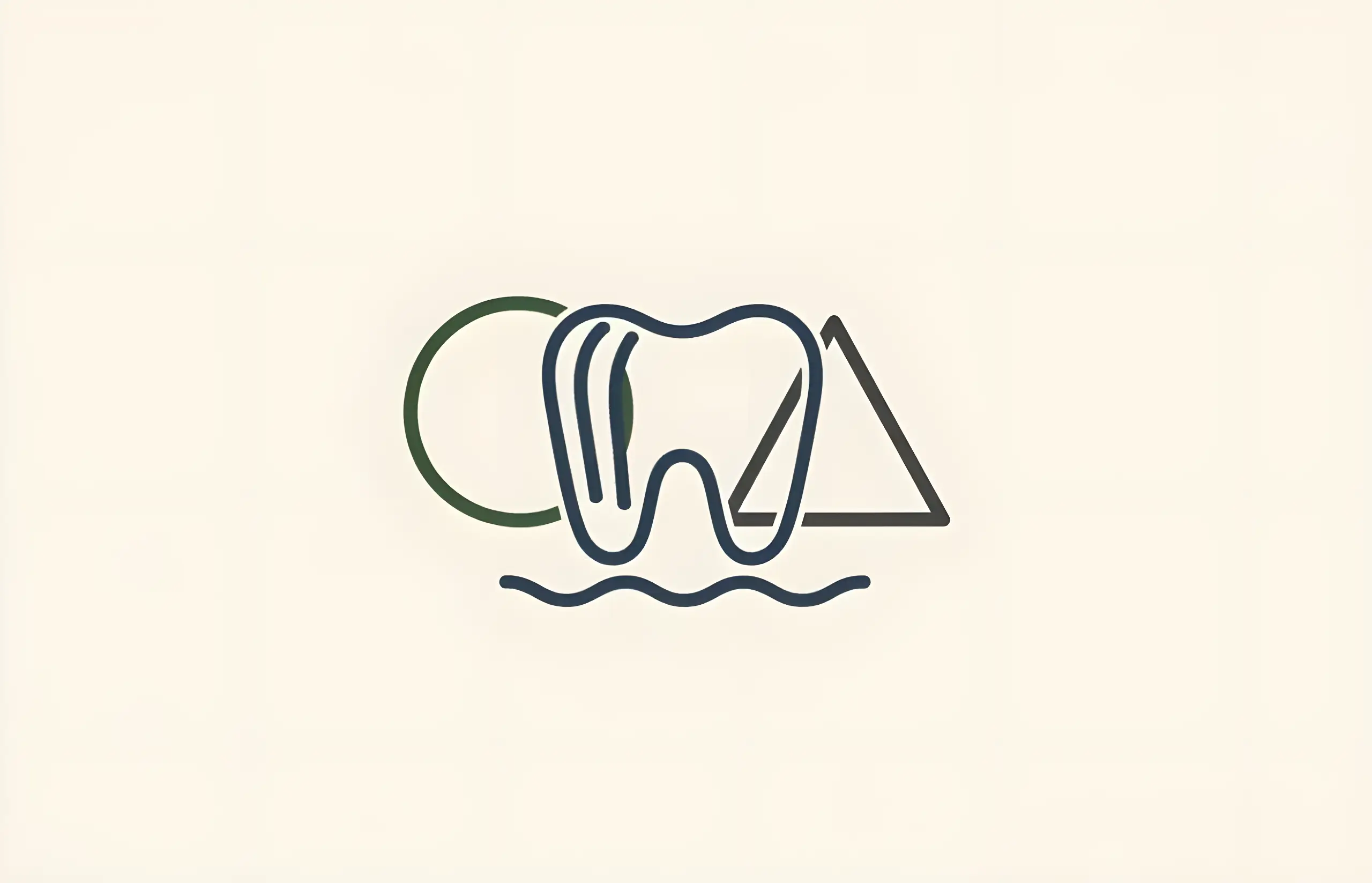
Alternatives to Veneers
Comprehensive guide to cosmetic dentistry alternatives to veneers, including teeth whitening, microabrasion, orthodontics, tooth recontouring, and dental bonding
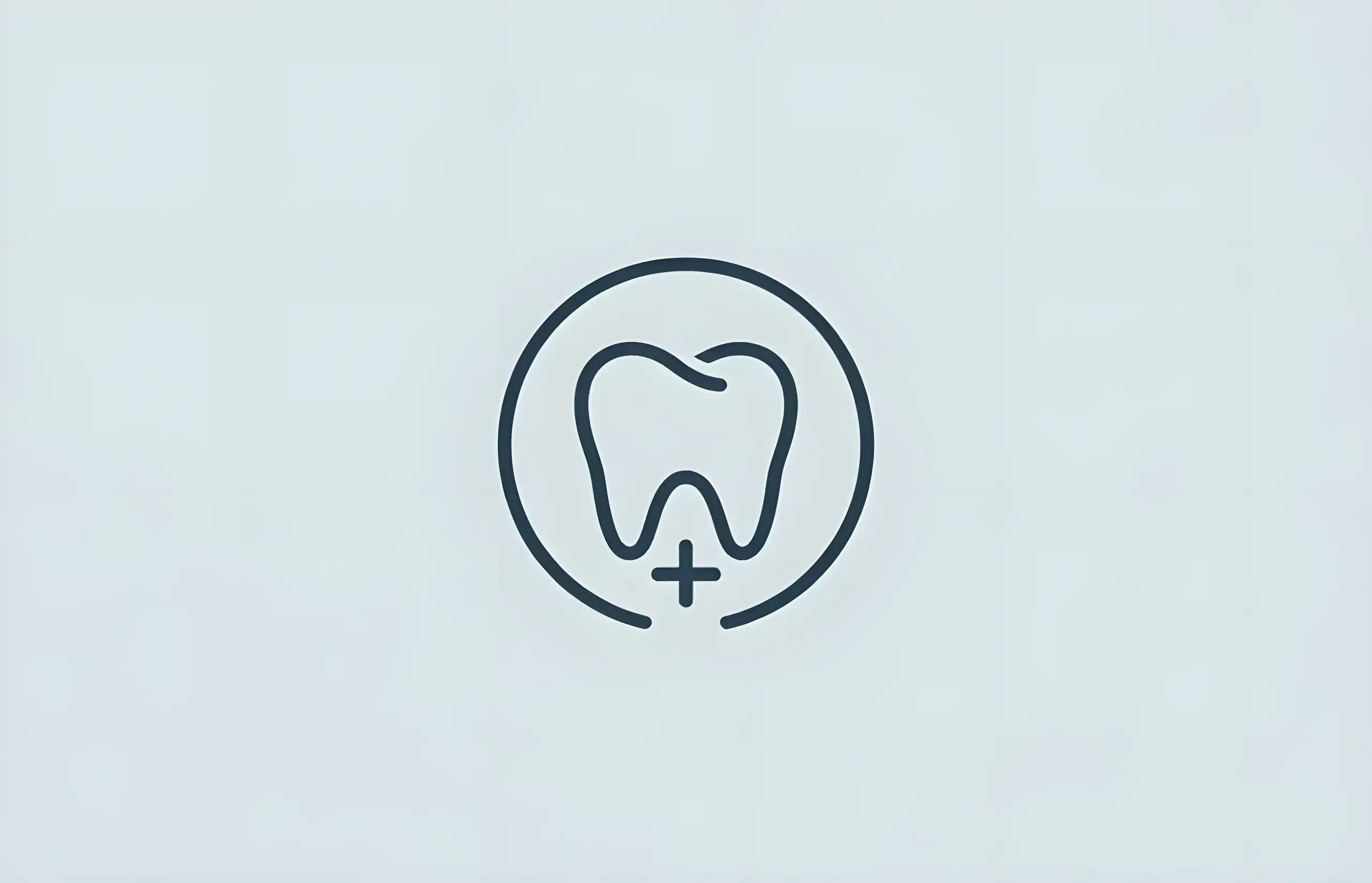
Are Dental Veneers Safe?
Comprehensive guide to dental veneer safety, including risks, complications, success rates, and important considerations for this popular cosmetic procedure

Are Veneers Bad for Your Teeth?
Comprehensive guide to how veneers affect your teeth, including enamel removal, long-term effects, proper placement, and important considerations

Are Veneers Covered By Dental Insurance?
Complete guide to dental veneer insurance coverage, when veneers may be covered, costs without insurance, and other dental procedures typically covered by insurance

How Much Do Composite Veneers Cost?
A comprehensive guide to composite veneer costs, comparing prices with porcelain veneers and understanding what affects the price

Composite Veneers vs Porcelain Veneers
Comprehensive comparison of composite and porcelain veneers including costs, longevity, aesthetic results, treatment procedures, and which option is best for your smile transformation

How Much Do Dental Veneers Cost in the UK?
Comprehensive guide to dental veneers including history, materials (composite, porcelain, lithium disilicate), treatment process, costs (£200-£1000 per tooth), longevity, care instructions, and cost factors
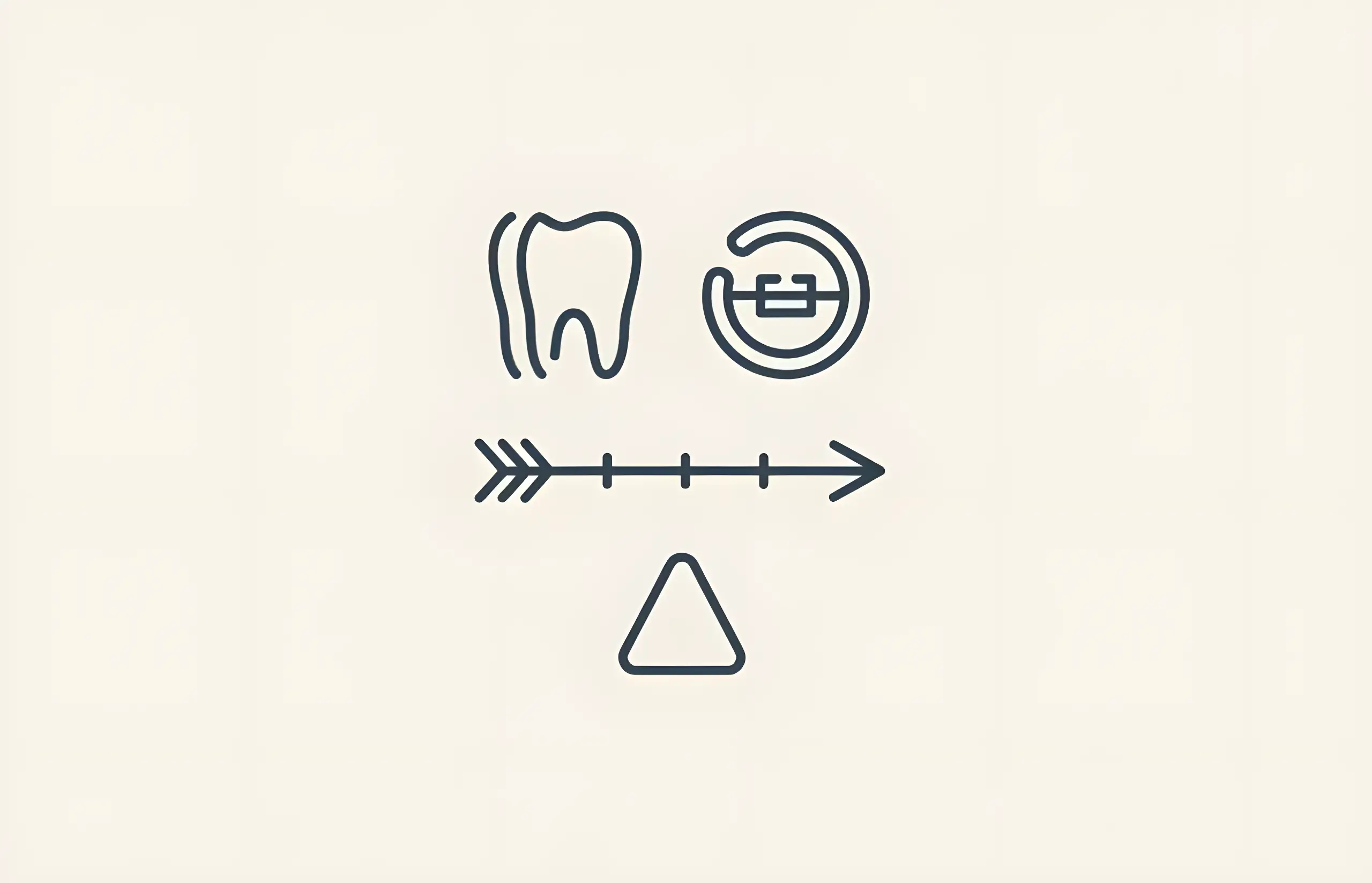
How Long Do Veneers Last?
Comprehensive guide to veneer longevity including survival rates, replacement considerations, irreversible enamel removal, color stability issues, and alternative restoration options
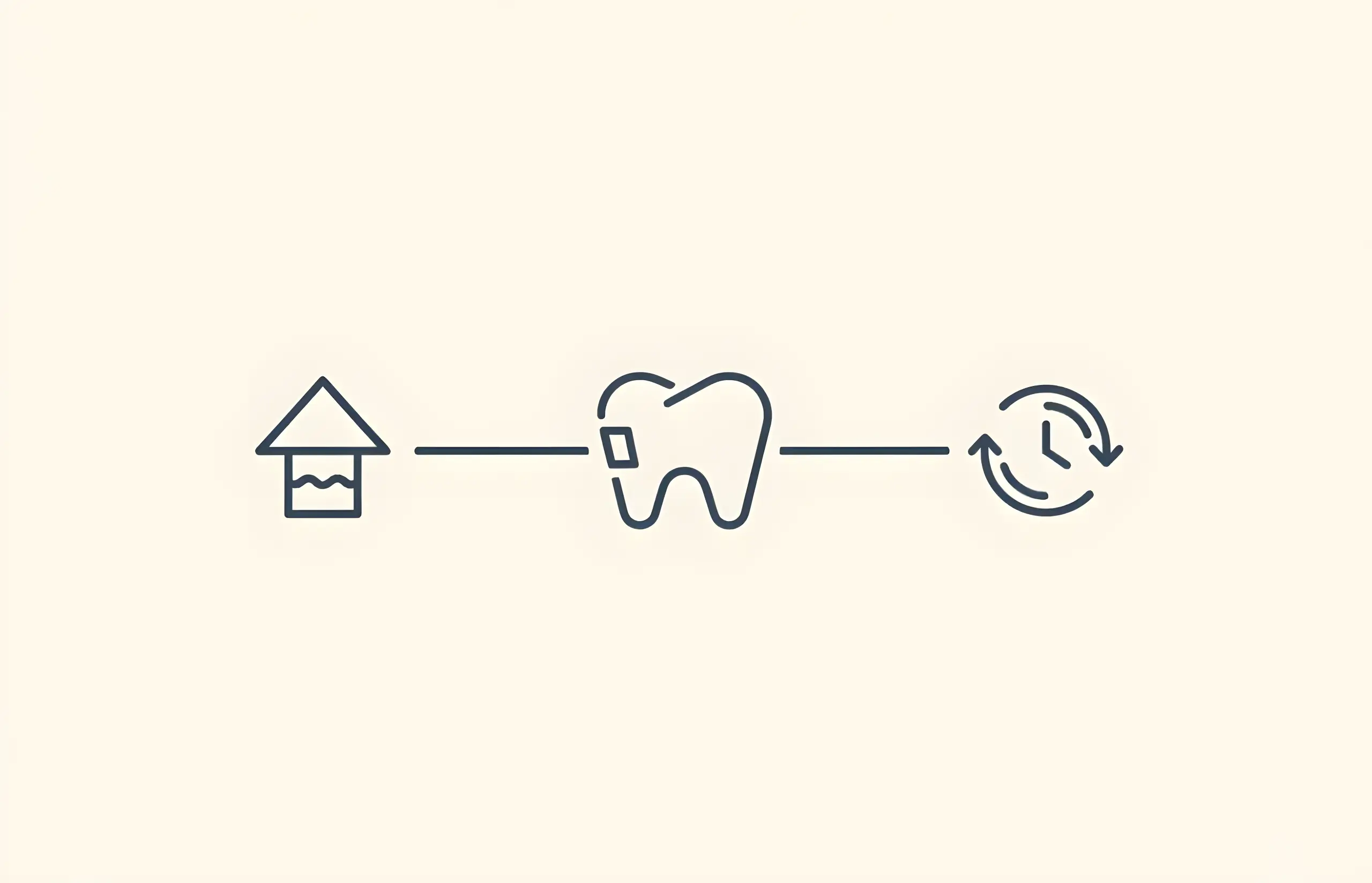
How Long Does It Take To Get Dental Veneers Fitted?
Complete Timeline Guide (3-4 Weeks Total, 94.4% Survival at 5 Years, 93.5% at 10 Years)
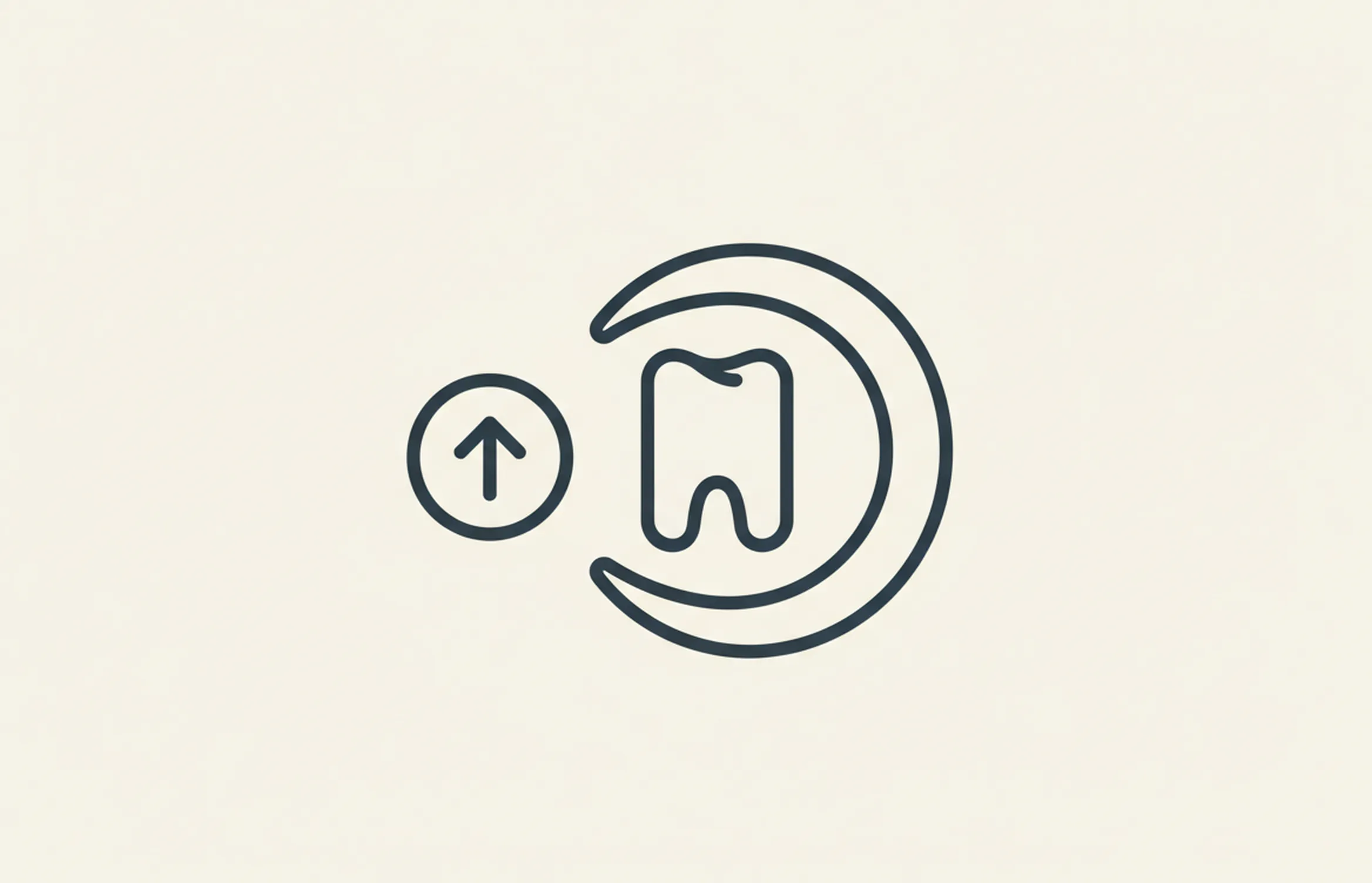
How Old Do You Have To Be To Get Veneers?
Comprehensive guide to age requirements for dental veneers, tooth development considerations, adolescent veneers, enamel bonding requirements, and factors affecting veneer candidacy
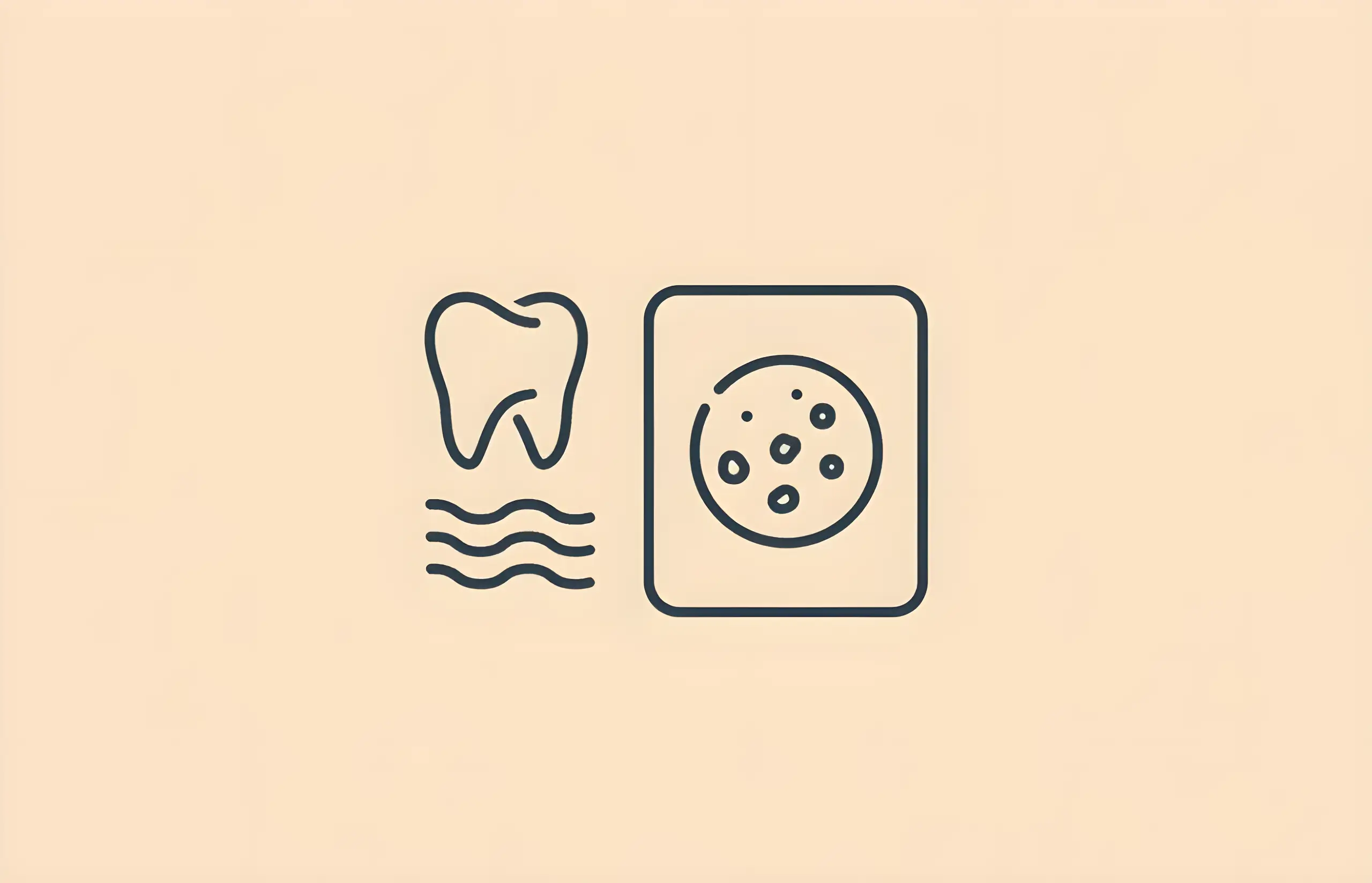
Do Porcelain Veneers Stain?
Comprehensive guide to porcelain veneers staining resistance, marginal discoloration (most common complication), color stability compared to composite, beverage effects (Coca-Cola worst, coffee second), surface roughness impact, and prevention strategies

The Pros and Cons of Veneers
Learn about the advantages and disadvantages of porcelain veneers including improved appearance, durability, stain resistance, cost, maintenance, and who is a suitable candidate
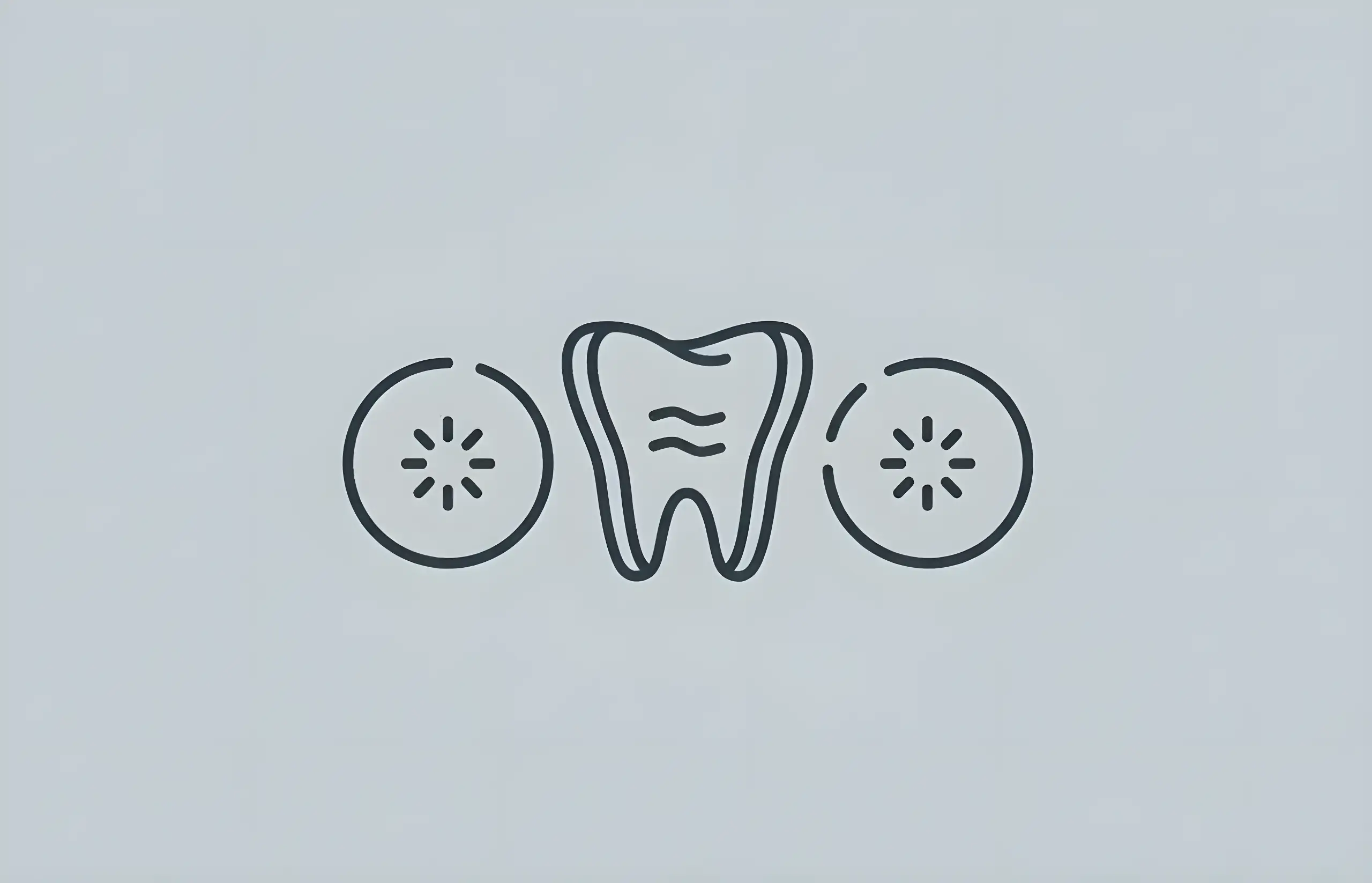
Sensitive Teeth After Veneers
Understanding causes, treatment options, and what to expect when experiencing tooth sensitivity after veneer placement

Different Types of Veneers
Comprehensive guide to veneer types including porcelain, composite, instant, and removable veneers with survival rates, costs, pros and cons, and how to choose the right option

Veneers For Front Teeth Gap
How porcelain veneers can effectively close diastema and improve your smile with a permanent, natural-looking solution

Veneers For Underbite Correction
Learn about using veneers for underbite correction including what underbites are, how veneers can help in mild cases, possible problems, and alternative treatment options

Can You Get Veneers With Crooked Teeth?
Comprehensive guide to using veneers for crooked teeth, including when they work, limitations, material options, and alternative orthodontic treatments
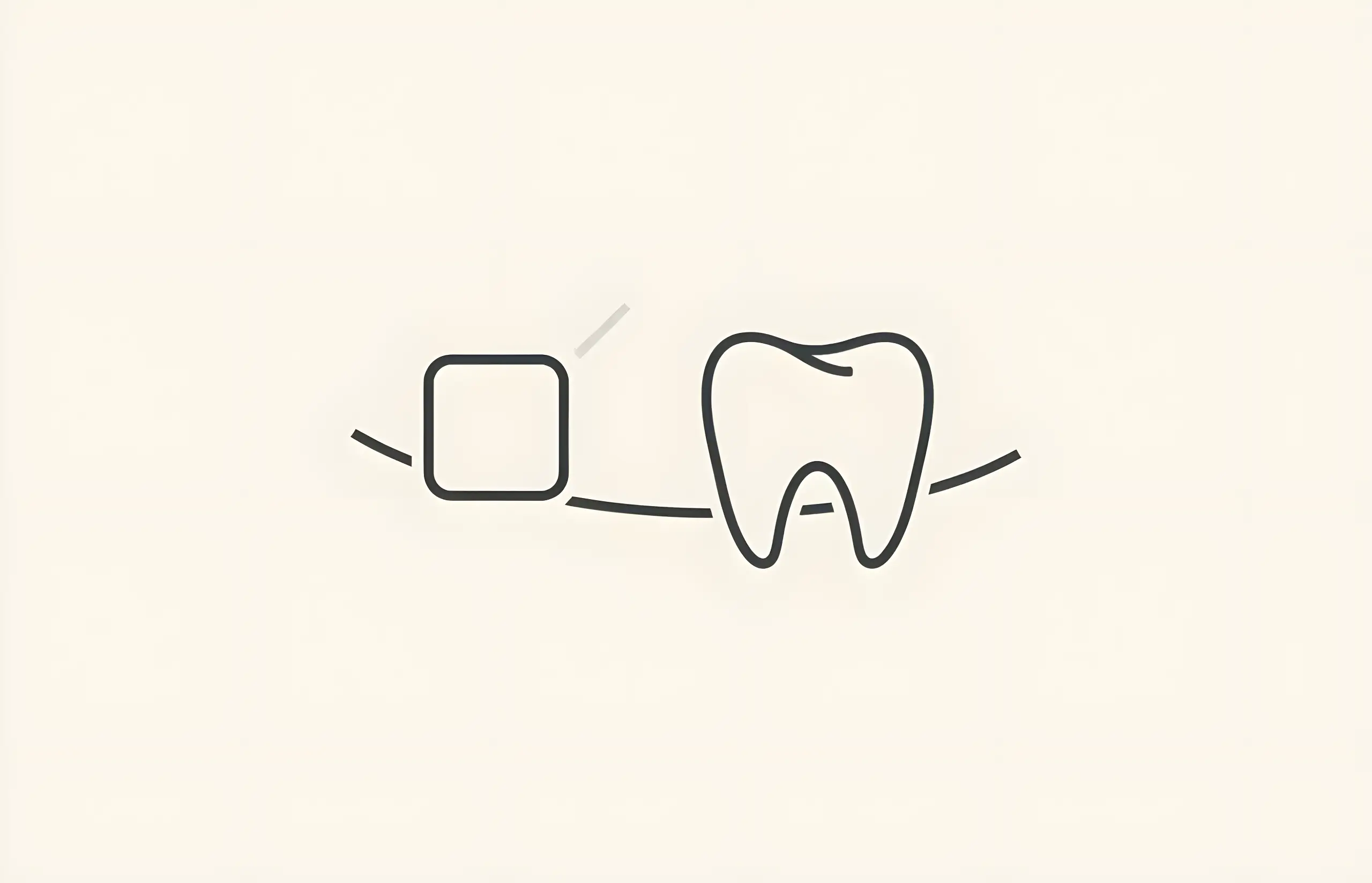
Can You Get Veneers With Missing Teeth?
Complete guide to veneers and missing teeth including why veneers cannot replace missing teeth, treatment limitations, and effective tooth replacement options
About The Dental Guide
The Dental Guide is a trusted online resource providing evidence-based information about dental health, treatments, and procedures. Our content is created and reviewed by qualified dental professionals to help you make informed decisions about your oral health.
Our Mission
- Evidence-based dental information
- Expert-reviewed content
- Clear, accessible explanations
- Latest treatment options
- Patient-focused guidance
Editorial Standards
- GDC-registered dental professionals
- Peer-reviewed sources
- Regular content updates
- Medical accuracy verification
- Transparent authorship
Important Notice
The information on The Dental Guide is for educational purposes only and should not replace professional dental advice. Always consult with a qualified dentist for diagnosis and treatment recommendations tailored to your individual needs and circumstances.
Medically Reviewed
Reviewed by Dr. Nasim Mechoui , BDS (Bristol)
Share this article
Comments & Discussion
Have questions about dental implants? Share your thoughts or experiences.
